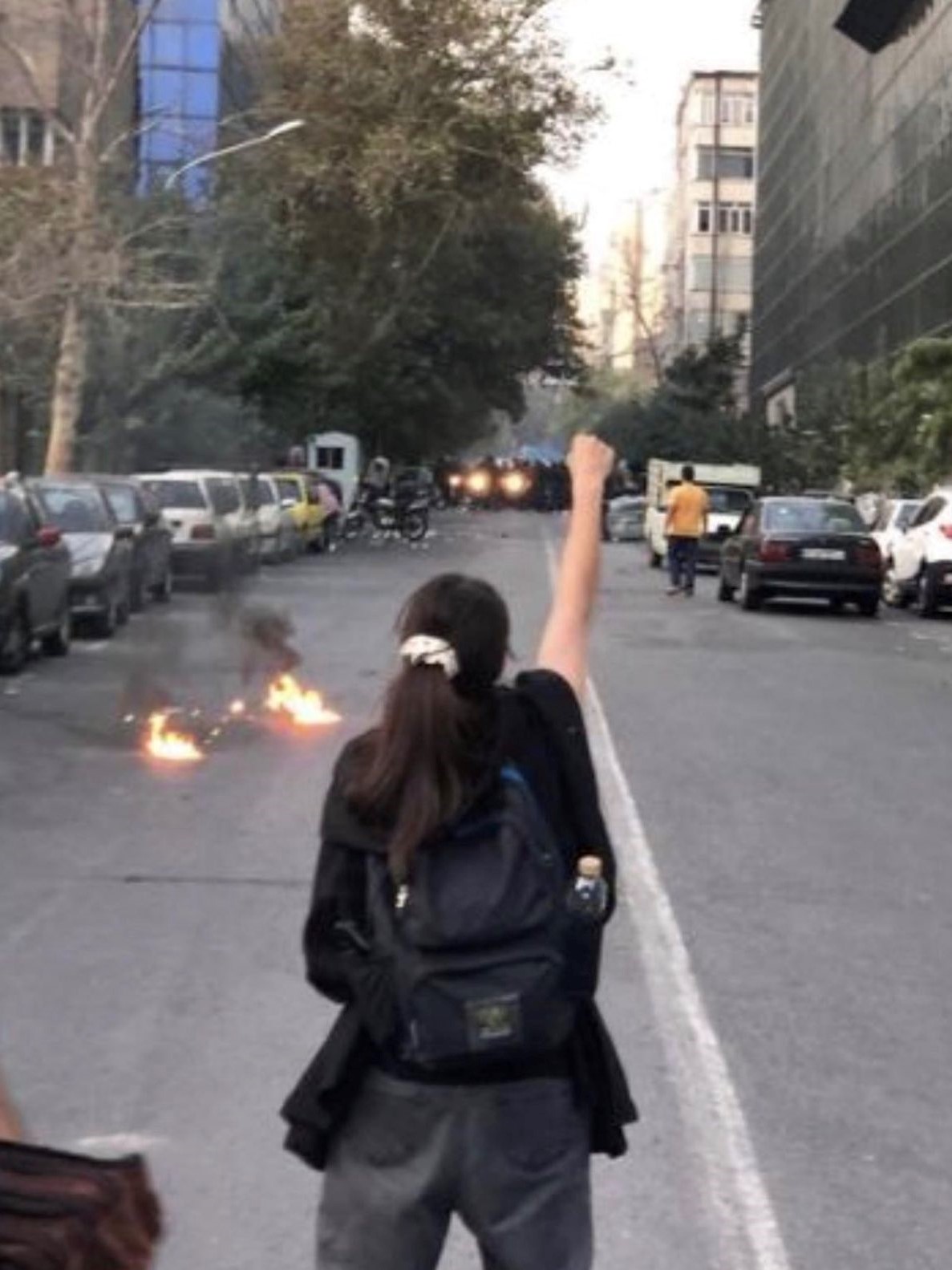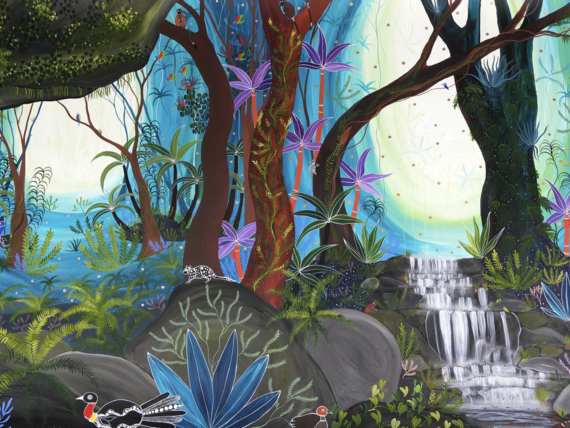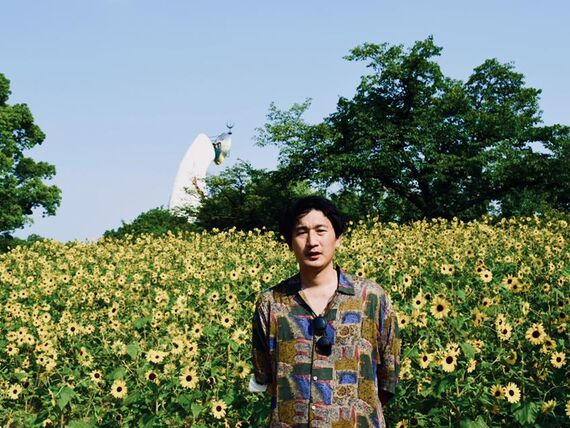##MP##
Rana Dadpour loves living here in the tropical north, where she’s made a safe home for her young family and built a promising academic career.
But Rana feels she leads a double life, torn between here and the turbulent land of her birth, Iran.
Several times a day, she speaks to her parents and sisters in Iran, who share news of protests sweeping the country and the often harsh government crackdowns that follow.
“I speak Persian with them, they tell me about what’s happening there, all the political and social issues,” she tells Tropic.
##BA##
“When I hang up, I look around and see palm trees and blue water. Where am I? What am I doing here?
##PQ##
Rana is one of about 60,000 people from Iran living in Australia.
Iran became an Islamic republic in 1979, when strict religious laws were imposed on what had been a largely secular society.
That includes a strict dress code for women.

Protests have been held in more than 80 cities since the suspicious death of 22-year-old Mahsa Amini after Iran’s morality police arrested her for "unsuitable attire".
Rana Dadpour knows how dangerous protest can be in Iran.
“Since I was in high school, I participated in demonstrations with the hope of changing things, to make things better for everyone.
“The last one I went to was huge, a peaceful demonstration of more than three million people in Teheran.
“When it finished, they started beating people and killing.
##PQ2##
“What am I going to do against a gun? I told my parents I’m not staying, and I left two months after that.”
Rana moved to Sydney to study, started a family, and came to Far North Queensland, where she’s a researcher and PhD candidate at the Tropical Urbanism and Design Lab at James Cook University.
“Moving to the tropics was the best decision we made for the kids. They love the school, they love running around, the beach.
“At the same time, I feel guilty, because everything is so good here.
“Why can’t my family (in Iran) live this peacefully? Why not.”

Rana’s research looks at what motivates people to move to the tropics, and how to develop the region without losing the character and amenities that draw people to it.
It’s a long way from Neyshabur, the Iranian city she grew up in, and life under a regime that put her in jail four times.
“I was walking in the street with a male classmate, without being relatives or married.
“I spent three nights in a jail because I was walking with someone in the street.
“You’re in flight or fight mode all the time. The life we have at home is so different to the life we have outside home.
“I don’t wear the scarf at home. But when I go out to school, university, I have to, otherwise I’ll get 40 lashes.
“It’s a matter of control. It’s using the religion to control the whole population.
“If you criticise it, they label you as anti-Islam, anti-religion.
“If you’re anti-Islam, according to Islam, you can be executed. Then you’re dead.
“This is the life I lived for 30 years.”
Rana says she hopes a new generation of protestors will bring about change and put pressure on a regime she says does not represent Iran’s diverse peoples and culture.
“I’m very hopeful this time. The whole world is starting to notice.
“It’s a great achievement. It showed the system that people are not afraid anymore.”
Rana looks forward to many happy years here in the tropics, and to better times for Iran, a country she still cares for very deeply.
“I still call it home. My mum is there.”
Main points
- Rana Dadpour came to Australia from Iran 11 years ago
- She's hopeful the current wave of protest will lead to change
- Protests escalated when a young woman died after being arrested by Iran's morality police








